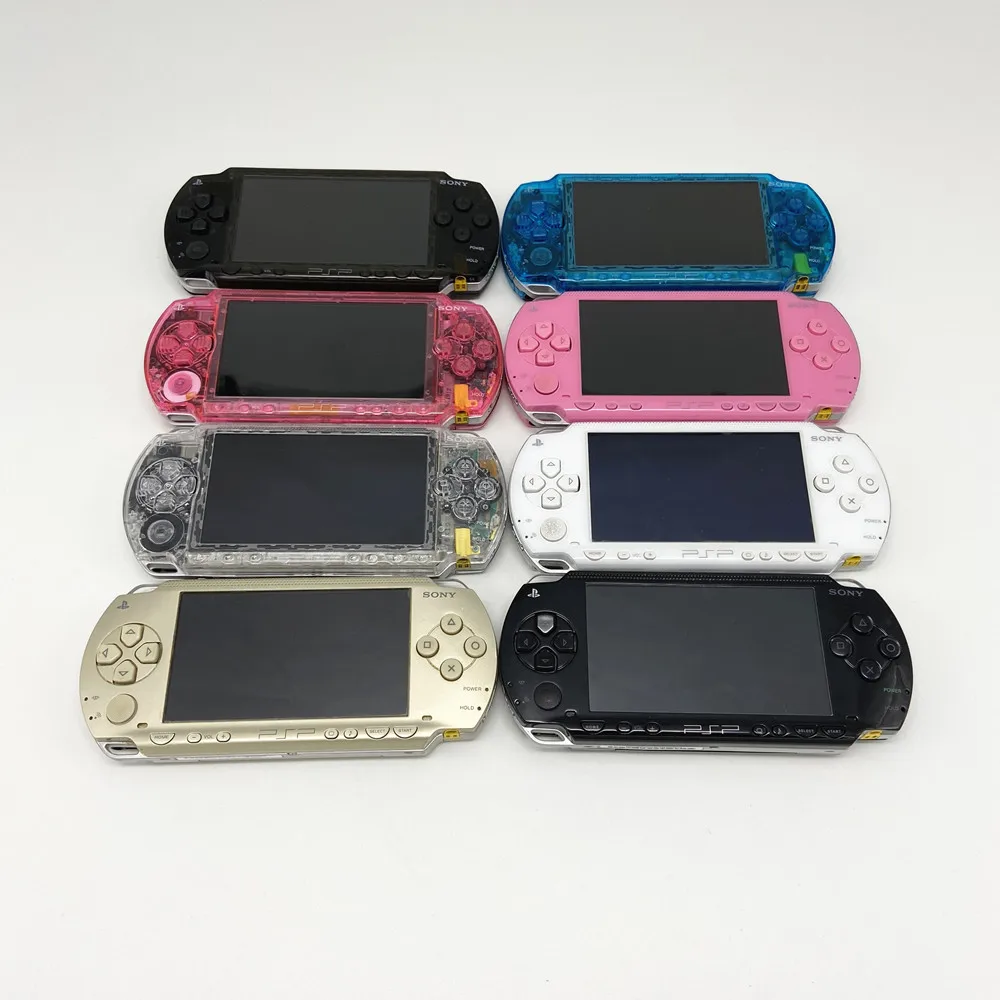The golden years of Platini
Lionel Messi has matched Michel Platini’s record of winning three consecutive Golden Balls. Fedele Romano recalls the Juventus legend.
Gianni Agnelli was paying one of his many visits to the Juventus dressing room when he saw Michel Platini sat on the bench beside his locker nonchalantly lighting up a cigarette. Clearly taken aback the great man paused and asked the rather obvious question: “Michel, do you smoke at half-time?”
The classy French playmaker thought for moment, looked across to his teammate, the defensive midfielder Massimo Bonini, and offered a characteristically philosophical response. “Avvocato,” Platini said. “You shouldn’t be worried if I smoke. The important thing is that Bonini doesn’t because he also has to run for me.”
Few had the boldness to speak to the Juventus patron in such a manner. After all, the Agnellis were considered by many to be Italy’s unofficial royal family. But Platini was Le Roi, the King, and despite a difficult start to life in Serie A, which was reflected in the merciless pagelle, Platini conquered everyone at a time when the standard of club football in Italy was arguably the best the world has ever seen. He duelled with Maradona’s Napoli, Falcao’s Roma and Zico’s Udinese. But it was his own Juventus who more often than not came out on top.
Platini’s arrival in Turin ushered in a remarkable period in the Old Lady’s history when the club just about managed to win every competition they entered. Juventus had a truly formidable side in the early to mid 1980s led by Giovanni Trapattoni. The quality of personnel then at his disposal is only underlined by the fact that nine of the players who helped the Bianconeri win the Scudetto in 1985 were recognised in the 50 stars that commemorate the club’s best players of all-time at their brand new stadium.
But even among such legends from that era as Gaetano Scirea, Paolo Rossi and Claudio Gentile, it’s Platini’s star that still shines brightest. His influence on the team was amply demonstrated in the three Capocannoniere titles that he won between 1983 and 1986, while two of the three Ballon d’Or awards in Platini’s collection neatly bookend the beginning and end of a golden age in his stellar career.
The European Cup triumph in 1985 should arguably have been the crowning glory in Le Roi’s time as a player, but the circumstances in which it was won at Heysel mean it is forever tainted with tragedy. “When a trapeze artist dies at the Circus, the clowns come on,” Platini sadly reflected, no doubt suggesting that the smiles painted on the Juventus players’ faces after the victory over Liverpool disguised their sadness.
Platini retired two years later aged just 32, but he did so leaving some incredible memories, the greatest from an individual perspective perhaps being the disallowed goal he famously scored against Argentinos Juniors in the Intercontinental Cup Final in December 1985. Platini received the ball on the edge of the box, chested it down on to his right knee and flicked it over a group of onrushing defenders. He then volleyed a shot with his preferred left foot beyond the goalkeeper back across goal into the right-hand corner of the net.
It was magnifique. But a flag was up. “This goal was stupidly disallowed by some little linesman from Singapore who signalled an offside position of one of my teammates who had nothing to do with the move and was busy retying his laces,” Platini cried. The outrage the decision inspired, however, ensured that the goal would hang much like a piece of art in both time and memory. It was the imperfect remembered as the perfect, the hallmark of one of football’s greatest ever artists.
http://www.football-italia.net/node/14487
 Buy on AliExpress.com
Buy on AliExpress.com










